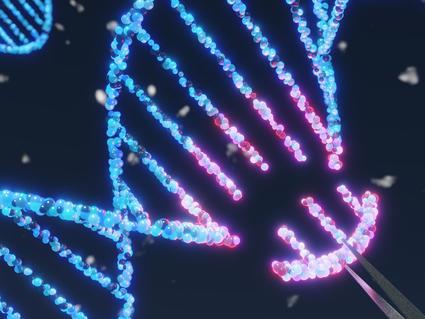Uncovering a trove of potential targets
For their study, Dr. Zhang and his colleagues integrated CPTAC data on genetic mutations and protein variations across the 10 different cancer types with data from other large data sources used to identify potential drug targets.
Based on this information, the team identified more than 2,800 proteins as potential targets for the two most common types of cancer drugs, called small molecule drugs or
antibodies, then classified the target proteins into five groups, or tiers. (See box.)
Five Tiers of Cancer Drug Targets
Tier 1: Proteins that can be targeted by drugs that have already been approved for cancer treatment.
Tier 2: Proteins that can be targeted by drugs already approved to treat other diseases.
Tier 3: Proteins that can be targeted by investigational drugs that have not yet been approved.
Tier 4: Proteins that can potentially be targeted with the development of new small molecule drugs.
Tier 5: Cell surface proteins that can potentially be targeted with the development of new antibody or immunotherapy drugs.
Next, they whittled the potential targets down to several hundred that their analysis indicated were critical to the survival of cancer cells. These included proteins that were overproduced or overactive in tumor tissue compared with normal tissue, as well as proteins involved in helping the
immune systemattack cancer cells.
Some of the targets the team identified represent opportunities for “repurposing” already-approved drugs. For example, one experiment showed that naftifine, an antifungal drug, could kill cells of several different cancer types.
Their analysis also indicated that alvespimycin, an investigational cancer drug that blocks the activity of a protein called HSP90, showed activity against
cell lines from several cancer types. In mice with colorectal tumors grown from human cancer cells, the drug shrank tumors after only 7 days.
They also identified specific protein fragments, or
peptides, on cancer cells that can engage the immune system to attack tumors, making them potential targets for immunotherapy.
Among these were peptides from mutated forms of the KRAS protein, which are thought to be fundamental drivers of many different cancers. Their analysis specifically identified KRAS peptides in four cancer types: pancreatic, lung, uterine, and colon.

